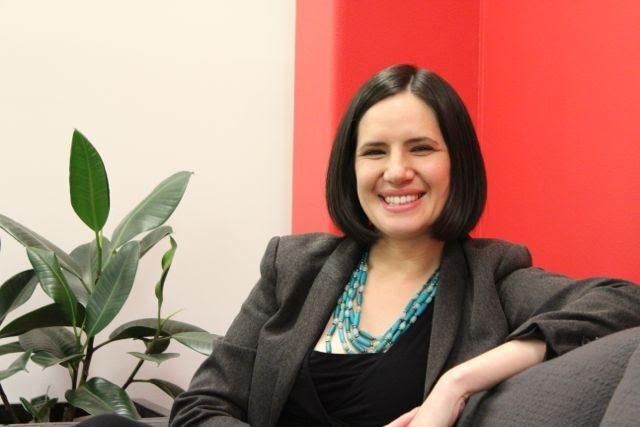5 easy ways to be a more effective leader
- Written by Cholena Orr - Director of pac executive Human Capital
A manager I used to work with defined leadership as “achieving results through people”.
He was an excellent leader. He clearly set the strategy for his business and communicated it at every level. He took time to outline strength, weakness, opportunities and threats across his business. He communicated well and often with his business and gained the trust of his team.
Trust is key to engagement. When your team trust that you’ll get the ship to its destination and you’ll help them learn and grow they’ll put their discretionary energy into their work.
Here are five simple but effective ways you can be a more effective leader and help your team achieve better results:
1. Be clear on where the company and team are heading
Be clear about strategy. Explain where the business is heading and how you are doing it together.
When you do this you provide your team with a decision making framework to help them prioritise their work and problem solve without your intervention.
2. Ask the right questions
Ask your employees what they love doing and what they are great at. This will help inform your decisions around who does what, professional development and career opportunities.
When it comes to professional development, you’ll find that time spent leveraging strengths has a faster and greater return on investment than the hours you can spend trying to get a marginal improvement in areas of weakness.
You can make sure the right people are doing the right jobs when you ask the right questions.
3. Introduce meeting diligence
Meetings are one of the biggest time wasters within any business.
You can help your team to be more effective by introducing greater meeting diligence. Firstly, teach your team to always ask the question “is this meeting really necessary?” when they are about to call a meeting or accept a meeting request.
Secondly, introduce the discipline of always starting meetings on time and ending on time.
Every meeting must have an agenda which should be established in the first five minutes of the meeting, and every meeting should have outcomes which are agreed to in the final ten minutes.
Finally, whenever your team members attend meetings, have them put aside at least five minutes of desk time to follow up on promises.
These disciplines will help reduce meetings and ensure the meetings attended always achieve outcomes.
4. Build in time for reflection
At the end of each week and when your team closes off projects have them build in time for reflection.
Ask three questions:
What went well?
What didn’t go well?
What will we do differently next time?
Most of us think about the things that haven’t gone well. This can be helpful when reaching for continuously improvement. What we often forget in our reflections are to identify the things that went well. These things should be leveraged and repeated.
The most successful leaders have a reflective practise weekly and some build reflection into their daily practise.
Help your team develop these habits and they’ll constantly strive for improvement.
5. Adopt a gratitude practice
I’m sure you can think of a task that you worked extremely hard on, and once completed you were disappointed by the lack of thanks you received.
This happens to your team daily. They turn up, work hard and don’t receive thanks. Slowly they begin to withdraw and stop putting in the extra effort that excellence requires.
Build in time each week to identify the great work your team members have done and take time to express gratitude for this work. This habit helps in two ways, firstly you’ll feel greater personal satisfaction because you’re building in time for gratitude. Secondly, your team will feel more appreciated and recognised.
Put some time in your diary to reflect each week, identify great work and take time to say thank you in as much detail as possible. Watch how your team responds and how your relationships develop.

Cholena Orr - Director of pac executive Human Capital
Cholena Orr is a business builder who is passionate about mindfulness and lifting people up. She heads pac executive Human Capital - a training, coaching and consulting business offering a range of models designed to support Human Capital needs throughout the business lifecycle; from clarifying strategy and goals through to working with individuals to help them become more resilient.
Cholena provides consulting services to clients on improving the productivity of teams through executive and leadership effectiveness coaching, facilitated team based learning and the provision of technology to assist individuals in planning and working more effectively on a day-to-day basis.
She has 20 years’ experience working in all kinds of environments and knows firsthand how easy it is to be ineffective and inefficient. She used to work long hours both at home and at work, soon realising that this approach was unsustainable and had impacts on her relationships and her family.
Every two years Cholena takes herself off to the mountains to meditate for ten days in silence for ten hours each day. She’s been doing this since 1999, at the same time raising a son with her childhood sweetheart (and husband) and managing a successful career.
To learn more visit http://profusiongroup.com/pac-executive/human-capital/













